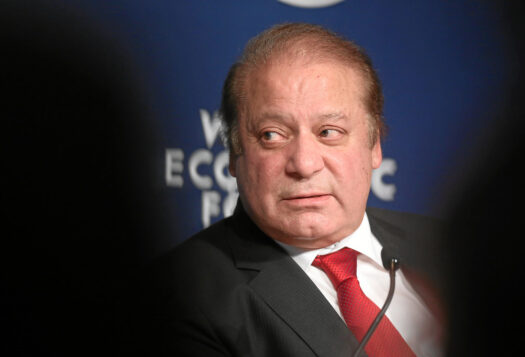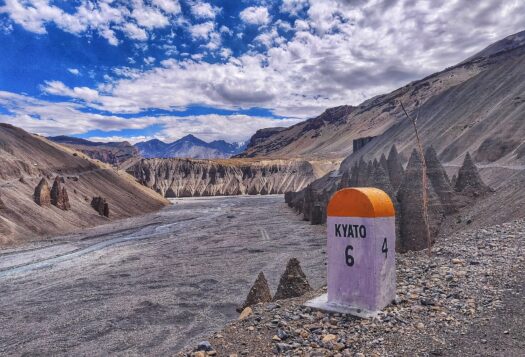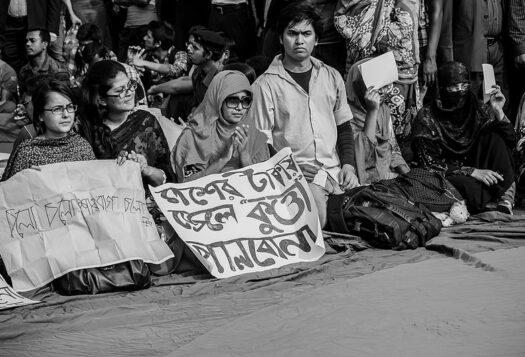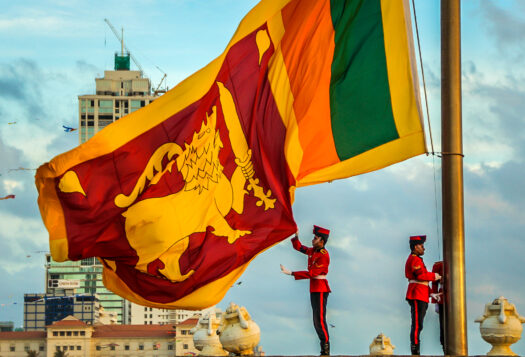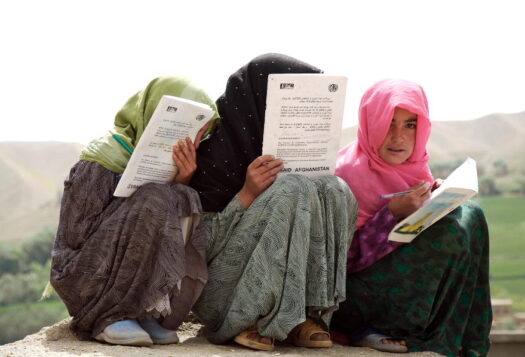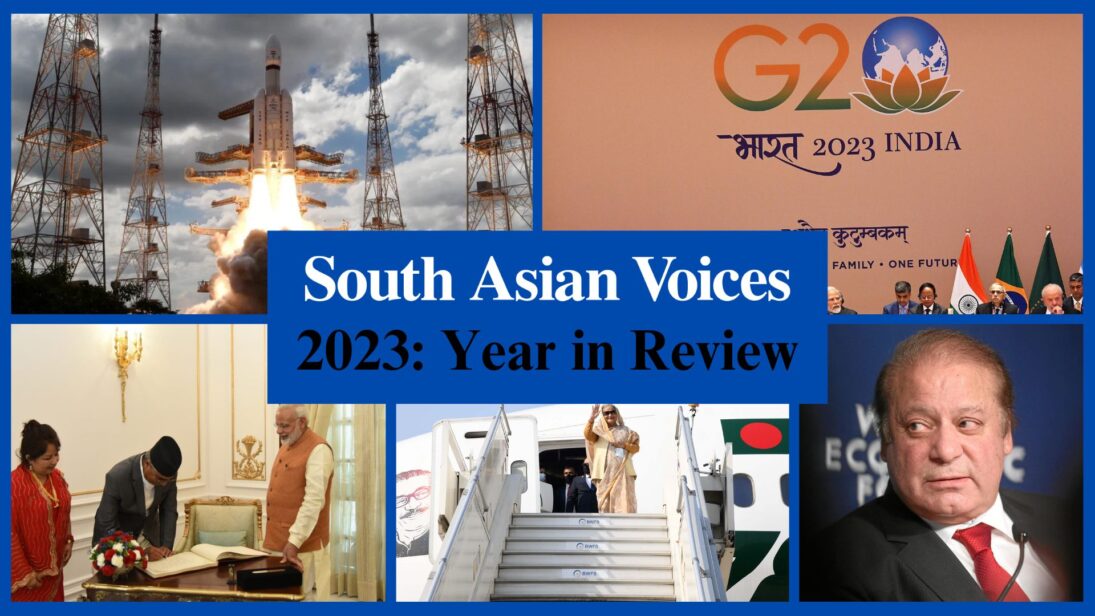
2023 was a year of paradoxes for South Asia. While the events of the past year demonstrated South Asia’s rise on the global stage, the region continued to see mounting economic crises and a clampdown on civil liberties, particularly for Afghan women under Taliban rule. Indian foreign policy flourished under its G20 leadership, the Chandrayaan-3 moon landing, and strengthened U.S.-India relations at the same time that the government faced criticism for its handling of the conflict in Manipur, rising religious polarization, and alleged assassination plots. Pakistan’s ties with its neighbors Kabul and New Delhi, and Bangladesh’s ties with Western governments, remained fractured.
Pakistan and Bangladesh experienced dire economic and political turmoil in 2023; with political upheaval and a deteriorating security situation in Pakistan and large-scale opposition protests and an election boycott in Bangladesh, both countries are facing significant elections in 2024. Though domestic politics in Nepal and Sri Lanka were relatively stable in 2023, ongoing corruption scandals in Nepal and entrenched economic troubles for Sri Lanka will pose a challenge to their stability in the coming year. The influence and tension between geopolitical heavyweights India and China loomed large over the region, as the victory of a pro-China President in Maldives ignited debate over past and future regional strategic relationships.
In 2024, South Asian countries are expected to continue the delicate balancing act of prioritizing non-alignment and economic development, balancing relations with India, China, Russia, and the United States. In this SAV series, contributors examine events over the past year and discuss dynamics to watch in the year ahead.
Please continue to check back as we will keep posting more articles on this page.

